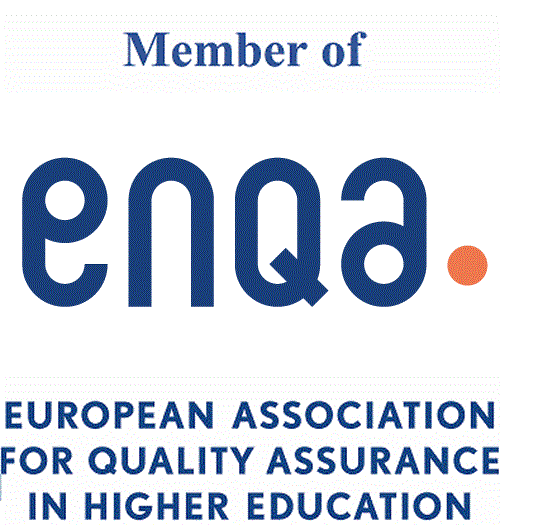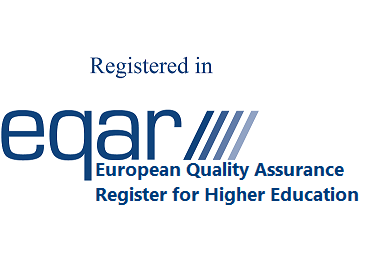On November 21-23, the regular international workshop of the Erasmus+ T-GREEN project funded by the European Union, took place at the Jagiellonian University in Poland. ANQA’s representatives also participated in the event.
During the workshop, representatives from the consortium's international partners (Poland, Greece, Lithuania, Portugal) shared their countries’ experiences in the development of educational programmes, credit distribution and implementation of quality assurance mechanisms. The discussions also covered European legal regulations for the implementation of joint, double and multiple diploma programmes, as well as the ways of integrating green skills into academic programmes.
Within the scope of the workshop, the consortium’s local and international partners held group discussions on the implementation of joint academic programmes, creation of mobility opportunities and the exchange of good practices.
On the last day of the workshop, Armen Yedigaryan, Armenian professor, vice-rector for Educational Activities of the Jagiellonian University, welcomed the participants. The professor’s discussion focused on the challenges and opportunities in education, particularly students' engagement with artificial intelligence and the legal regulations for the implementation of micro-credentials.
Let us note that the programme’s members are the RA MoESCS, ANQA, nine Armenian and four European HEIs, two non-governmental organizations.
“Transforming Graduate Education for Green and Sustainable Future” (T-GREEN) is a three-year project addressing the need of reforming graduate education in Armenian in support of the Green Deal. The implementation of the project will enable a shift from traditional to future-oriented, green, and interdisciplinary curricula, promoting student mobility and designing collaborative degree implementation schemes. Capacity building of national and institutional administrators, decision and policymakers, educators, researchers, and students to integrate the Sustainable Development Goals targeting environmental issues into policies and educational content will be the core of the project.





